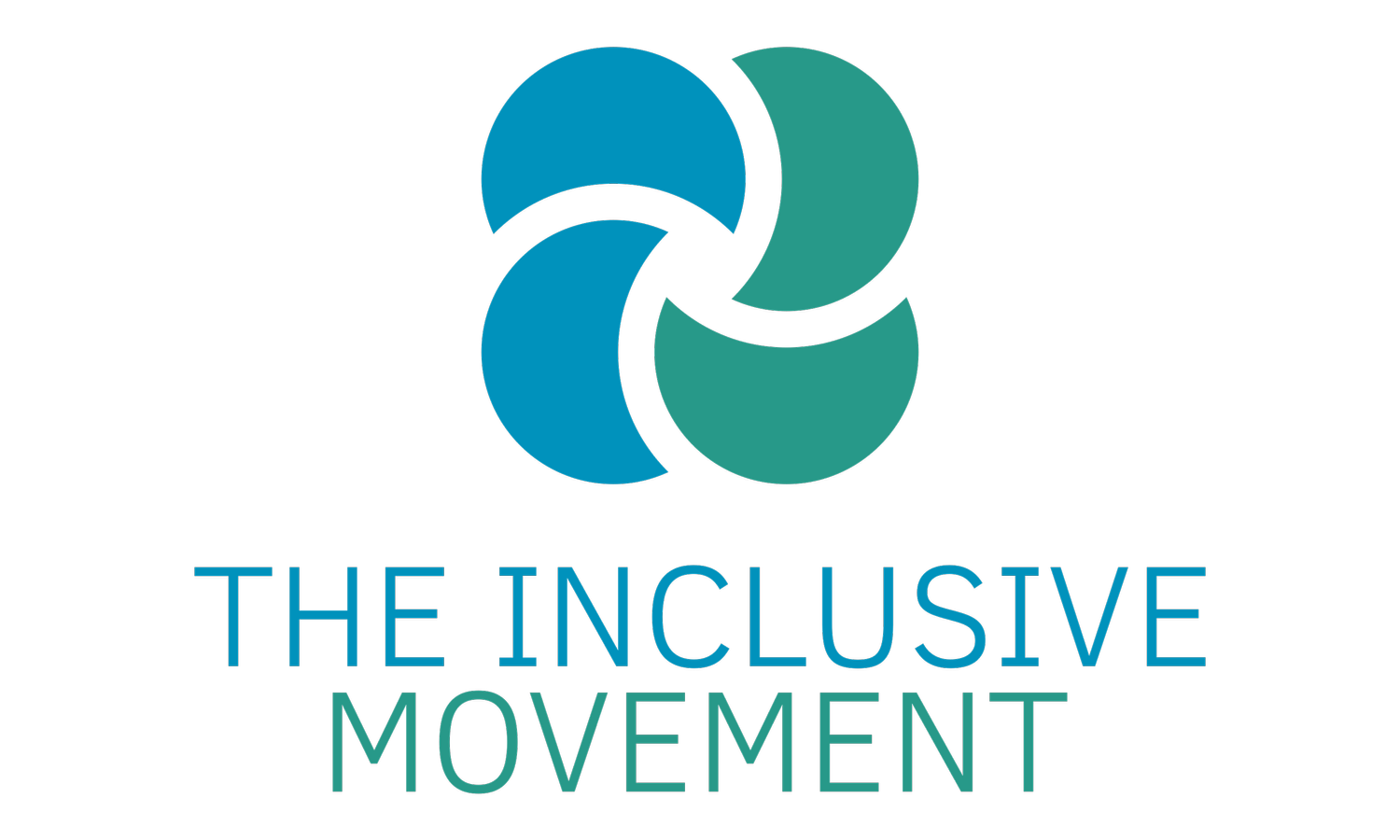What’s in Your NDIS Plan – and How to Use It
Understanding your NDIS plan is essential for making the most of your supports and achieving your goals. As a developmental educator, specialist support coordinator, and inclusion consultant, I'm here to guide you through the key components of your plan and how to utilize them effectively.
Understanding Your NDIS Support Budgets
Your NDIS plan comprises three main support budgets, each serving a distinct purpose:
1. Core Supports Budget
This budget assists with everyday activities and current disability-related needs. It includes:
Assistance with Daily Life: Support for personal tasks like bathing, dressing, and meal preparation.
Transport: Funding to help you travel to work, education, or community activities.
Consumables: Everyday items such as continence products or low-cost assistive technology.
Assistance with Social and Community Participation: Support to engage in social or recreational activities.
Note: The Core Supports budget is generally flexible, allowing you to reallocate funds across these categories as needed, unless specified otherwise in your plan.
2. Capacity Building Supports Budget
This budget aims to enhance your independence and skills to help you pursue your goals. It encompasses:
Support Coordination: Assistance in understanding and implementing your plan.
Improved Living Arrangements: Support to find and maintain suitable housing.
Increased Social and Community Participation: Development of skills to engage in community activities.
Finding and Keeping a Job: Employment-related support and training.
Improved Relationships: Support to develop positive behaviours and interactions.
Improved Health and Wellbeing: Advice on exercise or diet to manage the impact of your disability.
Improved Learning: Assistance with transitioning from school to further education.
Improved Life Choices: Plan management to help you manage your plan and funding.
Improved Daily Living: Therapies and training to increase independence.
Note: Funds in this budget are allocated to specific categories and cannot be transferred between them.
3. Capital Supports Budget
This budget covers higher-cost items and modifications, including:
Assistive Technology: Equipment like wheelchairs or communication devices.
Home Modifications: Changes to your home to improve accessibility.
Specialist Disability Accommodation (SDA): Housing for participants with extreme functional impairment or very high support needs.
Note: Capital Supports are for specific purposes and cannot be used for other types of supports.
Using Your Plan Across Different Settings
Your NDIS plan is designed to be utilised across various environments to support your goals:
Home: Support for daily living activities, personal care, and home modifications.
Community: Assistance to participate in social, recreational, or educational activities.
Workplace: Support to find and maintain employment, including workplace modifications.
Education: Assistance with transitioning to further education or training programs.
Avoiding Underspend: Making the Most of Your Plan
To ensure you're utilising your plan effectively:
Regularly Review Your Plan: Keep track of your spending and adjust as necessary to align with your goals.
Engage with Support Coordinators: They can assist in connecting you with services and managing your plan.
Stay Informed: Understand what supports are available and how they can be used.
Plan Ahead: Anticipate future needs and allocate funds accordingly.
Understanding What's Funded and What's Not
As of October 3, 2024, the NDIS has provided clear guidelines on what supports are funded:
Funded Supports: Items and services directly related to your disability and goals.
Non-Funded Supports: General living expenses not related to your disability, such as rent or groceries.
Replacement Supports: In specific circumstances, alternative supports may be considered.
For detailed information, refer to the NDIS Support Lists.
Final Thoughts
Your NDIS plan is a vital tool in supporting your journey towards greater independence and participation in all aspects of life. Understanding and effectively utilising each component ensures you receive the maximum benefit from your plan. Engage with your support network, stay informed, and proactively manage your plan to align with your personal goals and aspirations.
If you have specific questions or need further assistance with your NDIS plan, feel free to reach out or consult with your support coordinator.


